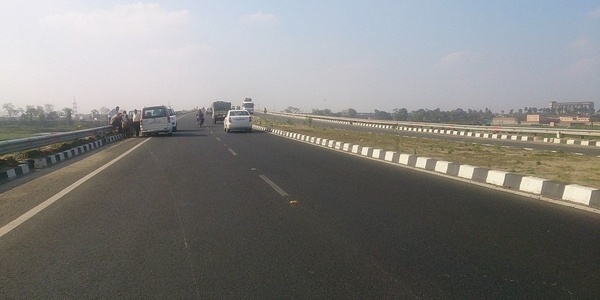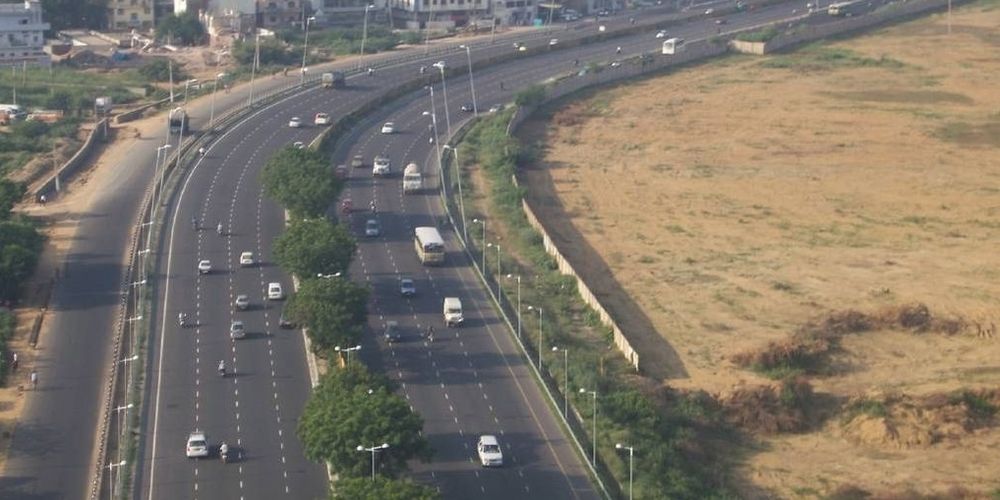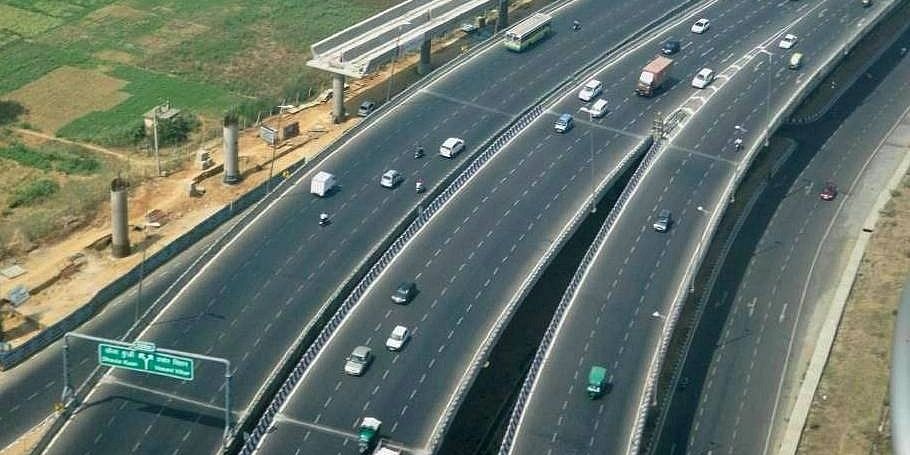How an Indian Scientist Turned Plastic Trash into Eco-friendly Streets
Plastic, notorious for its slow degradation, has choked our environment, filling dumping grounds beyond capacity. In a resounding response to this crisis, an Indian scientist has pioneered a groundbreaking technique, crafting streets out of recycled plastic, a marvel that not only enhances road quality but also tackles the mounting waste issue. R Vasudevan recognized plastic as a potential solution—transforming it from a problem to a resource. By ingeniously blending traditional road tar with plastic, he concocted a polymerized mix that not only fosters durability but also repurposes plastic waste that would otherwise be discarded or burnt. His innovation hinges on a meticulous balance, incorporating a mere fraction of plastic waste—1/10th, to be precise—for every kilo of stone and 50 grams of bitumen used. This not only trims bitumen usage but also reinforces roads, augmenting their strength twofold compared to conventional tar roads. The infusion of plastic simultaneously elevates aggregate impact value, rendering the roads more robust and less susceptible to the erosive effects of water. This eco-friendly transformation has been embraced throughout the nation - from panchayats to the National Highways Authority of India (NHAI). The NHAI, in particular, has committed to integrating plastic waste into highway construction, especially along urban fringes, fostering a network of environmentally conscious roads. The impact of Vasudevan's ingenuity has already spanned over 100,000 kilometers of plastic-infused roads in India, a number that continues to swell. And it's not confined to Indian borders. Globally, his techniques are inspiring counterparts in various nations, with Indonesian cities like Bali, Surabaya, and others adopting plastic-asphalt mixes to reshape their streets. In recognition of his innovative strides and contributions to society, Rajagopalan Vasudevan was bestowed the Padma Shri award in 2018. His journey epitomizes how creative thinking can turn a scourge into a solution, paving the way for a more sustainable, waste-conscious world.

.jpg)



